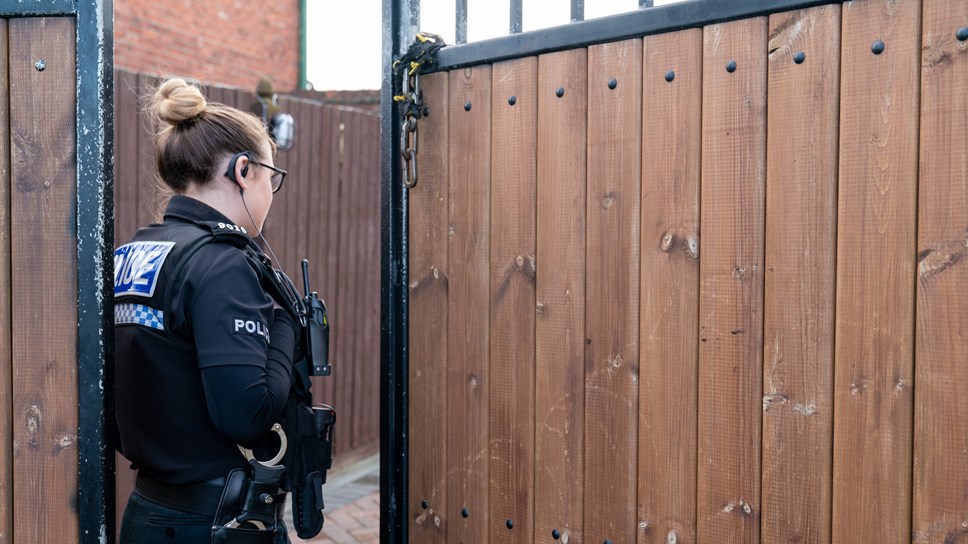
Knife crime research briefing is a first for police in England and Wales
Ethnicity is not significantly associated with weapon carrying in the UK and the most effective approach for tackling knife crime is a multi-agency one, the College of Policing said today.
The professional body for police in England and Wales has published a knife crime briefing which is the first ‘rounded picture’ using research that police forces can use to tackle the issue.
Evidence suggests the most effective approaches tend to be multi-agency and involve the community. In Scotland, the development of an approach involving the police, social services, youth and community services, offending and probation teams, the NHS and local voluntary organisations, seems to be achieving results, with violent crime reaching a 41 year low in 2017.
Factors which may be associated with increased risk of violence and/or carrying a weapon include school exclusion, being taken into care and neglect. Trust in police continues to be an important factor, with evidence suggesting the lack of trust potentially could lead to victims becoming offenders in revenge attacks instead of relying on the police.
The briefing shows there are three broad explanations as to why people carry knives and these include self-protection, 'street credibility' or 'respect', and having a weapon to carry out other crimes such as sexual assault or injury.
Only a small proportion of injuries appear gang-related, although this may be changing over time.
The briefing, which has been sent to all police forces in England and Wales, concludes:
- recent analysis of data collected in the UK and published last year indicates that there is no statistically significant relationship between ethnicity and weapon carrying.
- knife crime perpetrators and victims are most likely to be males in late adolescence and risk factors for serious violence and weapon carrying include adverse childhood experiences and poor educational attainment
- the most successful approaches to reducing violence include well-implemented problem-solving and focused deterrence strategies
Deputy Chief Constable Bernie O’Reilly, director at the College of Policing, said:
“Everyone in policing is deeply concerned about the increase in serious violence taking place on our streets and the danger this poses to the public, and to officers and staff.
“To best tackle this the police and others need to know what works, and just as importantly, what doesn’t work. An increased use of stop search by police in a targeted way can have a short term impact to reduce crime but this must be balanced with maintaining public trust and confidence to ensure we do not undermine the strength in the service to build community relations.
“The long-term solution is much more complex and broader than the police service. It requires committed leadership from multiple agencies who all have a responsibility to address this issue.”
Ends.
Contact Information
Notes to editors
- The briefing shows that despite recent changes to sentencing guidelines aimed at deterring would-be offenders, 72 per cent of those convicted for knife and offensive weapons offences last year (year ending March 2018) were first-time knife and weapons offenders.
- For juveniles (10-18 years-old), prison alone has been found to significantly increase reoffending when compared with taking approaches such as community supervision.
- All police forces in England and Wales have initiatives to tackle knife crime and this briefing can be used to:
A. make informed decisions on where resources or funding may be of most benefit to tackle the issue
B. evaluate their existing activity against the briefing to understand what approach has the greatest potential to reduce crime
C. develop broad multi-agency strategies aimed at prevention and early intervention. - The College of Policing is the professional body for the police in England and Wales.
